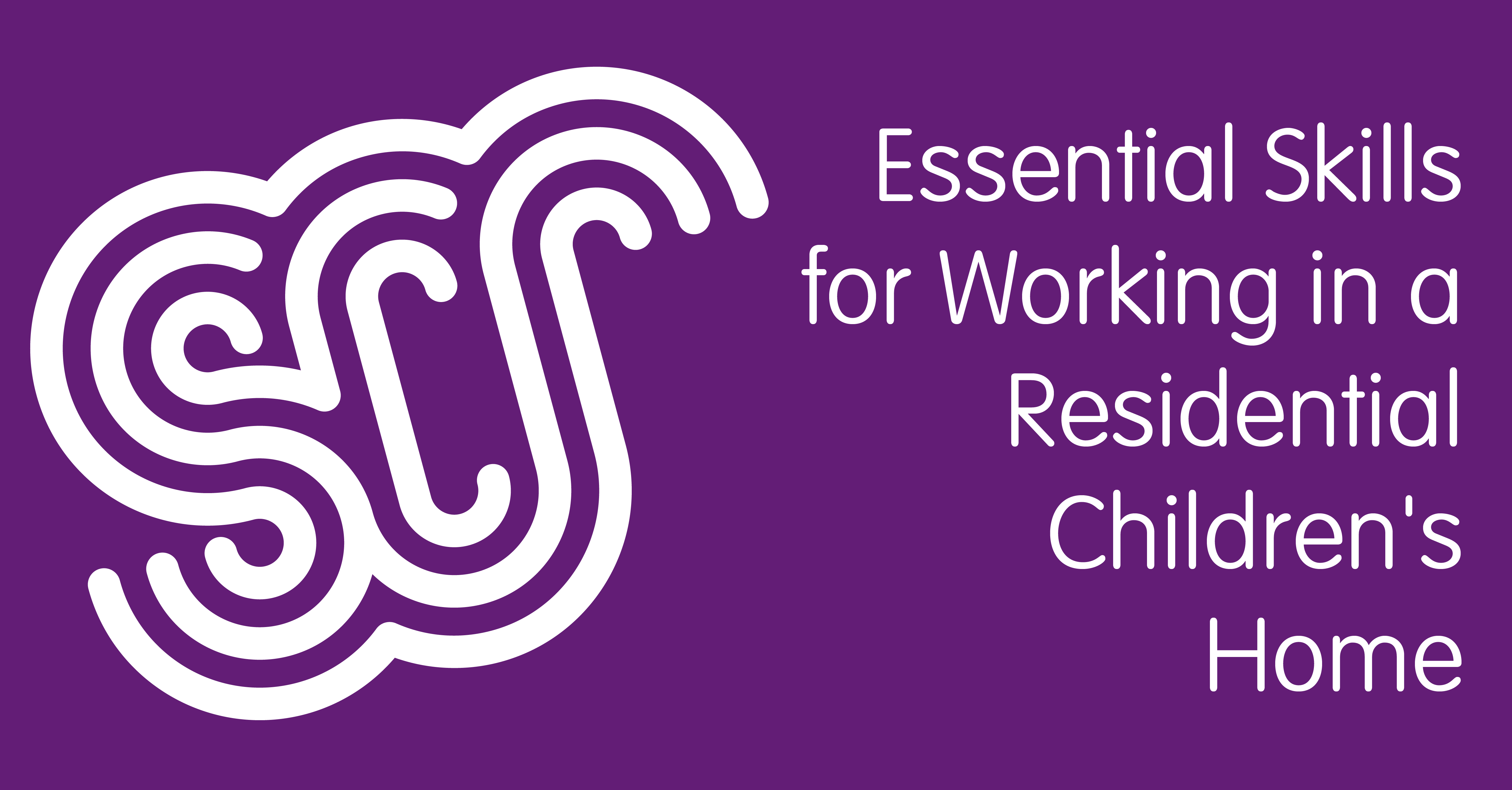
Essential Skills for Working in a Residential Children’s Home
Working in a residential children’s home can be a rewarding and challenging career choice. It requires a unique set of skills and qualities to provide the necessary care and support for children in need. This guide will outline the key skills you need to succeed in this important role and make a positive impact on the lives of vulnerable children.
Effective Communication: Being able to communicate clearly and effectively with both children and colleagues is crucial in a residential children’s home setting
Effective communication is essential in a residential children’s home setting. As a staff member, you will need to communicate with children of different ages and backgrounds, as well as with your colleagues and other professionals involved in the care of the children. Clear and effective communication helps to build trust, establish boundaries, and ensure that the needs of the children are met. It is important to listen actively, use appropriate language and tone, and be able to adapt your communication style to suit the needs of each individual child. Good communication skills also involve being able to convey information accurately and concisely, as well as being able to handle difficult or sensitive conversations with empathy and professionalism.
Empathy and Compassion: Working with vulnerable children requires a high level of empathy and compassion to understand their needs and provide appropriate support.
Empathy and compassion are essential skills for anyone working in a residential children’s home. These children have often experienced trauma and may be dealing with a range of emotions and challenges. It is important to approach them with understanding and empathy, and to provide them with the support and care they need. This means being able to put yourself in their shoes, listen to their concerns, and respond with kindness and compassion. By showing empathy and compassion, you can help create a safe and nurturing environment for these vulnerable children.
Patience and Resilience: Dealing with challenging behaviors and difficult situations can be emotionally draining, so having patience and resilience is essential.
Working in a residential children’s home can be emotionally challenging, as you may encounter children with challenging behaviors and difficult situations. It is important to have patience and resilience in order to effectively handle these situations. Patience allows you to remain calm and composed, even in the face of challenging behaviors. It allows you to take the time to understand the underlying reasons behind the behavior and respond in a supportive and constructive manner. Resilience, on the other hand, helps you bounce back from difficult situations and continue to provide the necessary care and support to the children. It allows you to stay motivated and focused, even when faced with setbacks or obstacles. By cultivating patience and resilience, you can better navigate the challenges of working in a residential children’s home and provide the best possible care for the children in your care.
Problem-Solving Skills: Being able to think critically and find solutions to problems that arise in a residential children’s home is important for maintaining a safe and supportive environment.
In a residential children’s home, you may encounter various challenges and problems on a daily basis. It is essential to have strong problem-solving skills in order to effectively address these issues and maintain a safe and supportive environment for the children. This involves being able to think critically, analyze the situation, and come up with creative solutions. Whether it’s resolving conflicts between children, addressing behavioral issues, or handling emergencies, problem-solving skills are crucial. By being proactive and finding effective solutions, you can ensure the well-being and safety of the children in your care. Additionally, problem-solving skills also involve being able to collaborate with other staff members and professionals to find the best possible solutions. Effective communication and teamwork are key components of problem-solving in a residential children’s home.
Teamwork and Collaboration: Working collaboratively with colleagues, social workers, and other professionals is necessary to ensure the best outcomes for the children in your care.
In a residential children’s home, teamwork and collaboration are essential skills for success. Working together with colleagues, social workers, and other professionals is necessary to ensure the best outcomes for the children in your care. This involves effective communication, active listening, and the ability to work well in a team setting. By collaborating with others, you can share ideas, resources, and expertise to address the unique needs of each child. This teamwork also helps to create a supportive and cohesive environment for both the staff and the children. By fostering positive relationships and open communication, you can work together to provide the highest level of care and support for the children in your residential home.
